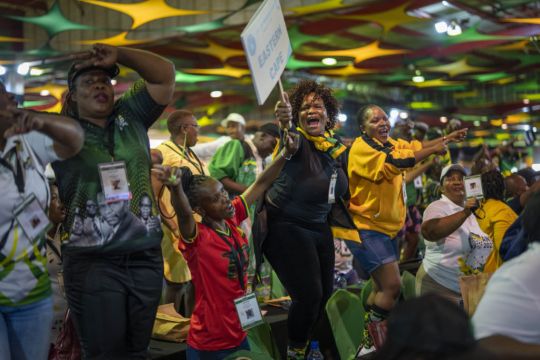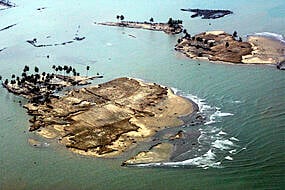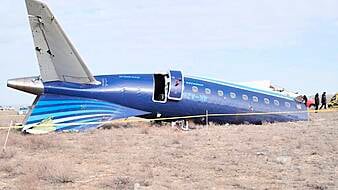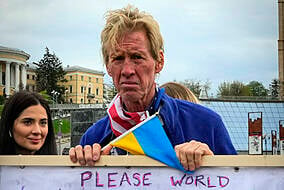South Africa’s ruling African National Congress party is opening its crucial national conference amid scandal and bitter divisions.
The conference in Johannesburg will elect the party’s leadership and adopt key policies for governing the country.
President Cyril Ramaphosa is seeking re-election as the party’s leader at the gathering which is held every five years and is the ANC’s highest decision-making body.
The scandal surrounding Mr Ramaphosa and the factional rivalries within the ANC are expected to dominate the conference.
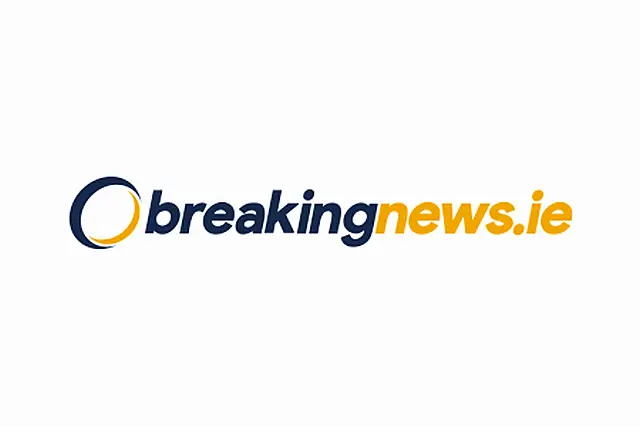
More than 4,000 delegates from across South Africa have gathered for the five-day conference.
It comes as South Africa faces enormous challenges including rolling power cuts lasting more than seven hours a day, unemployment at 35% and slow economic growth.
While much focus will be on the election of the party’s leader and the ANC’s top five leadership positions, 80 members of the party’s National Executive Committee will also be elected.
Key policy issues will be debated by delegates during commission sessions that will be closed to the media. These are expected to focus on policies to promote social and economic development of sub-Saharan Africa’s most developed economy.
The policies adopted are to be implemented by the country’s president, Cabinet and legislature, as the ANC controls all those wings of the government.
However, debates on these policies are expected to be overshadowed by the angry factional battles within the ANC which will see Mr Ramaphosa challenged by his political rivals.
He has been facing calls to step down from his position over a damning parliamentary report that said he may have broken anti-corruption laws by hiding undeclared dollars in cash at his Phala Phala farm.
The report questioned the source of the funds and why did not report it to the police.
This week Mr Ramaphosa received a boost when parliament voted against moves to start impeachment proceedings against him over the Phala Phala scandal. However, some lawmakers from the ANC voted in favour of his impeachment.

At the conference, Mr Ramaphosa is expected to be challenged for the leadership of the party by Zweli Mkhize, the country’s former health minister who was forced to resign from the Cabinet over corruption allegations relating to Covid-19 procurement contracts.
Other leaders may be nominated for the position at the conference, including Nkosazana Dlamini-Zuma, who lost to Mr Ramaphosa in the leadership race at the previous national conference in 2017.
The sharp divisions within the ANC were shown on the eve of the conference by former president Jacob Zuma’s announcement that he will launch a private prosecution against Mr Ramaphosa for unspecified crimes.
Mr Ramaphosa quickly responded on Friday saying he “rejects with the utmost contempt Mr Jacob Zuma’s abuse of legal processes and perversion of the ‘nolle prosequi’ (private prosecution) provision”.
Mr Ramaphosa’s statement said that a private prosecution can only take place after the National Prosecution Authority states it will not prosecute a person and that has not happened.
